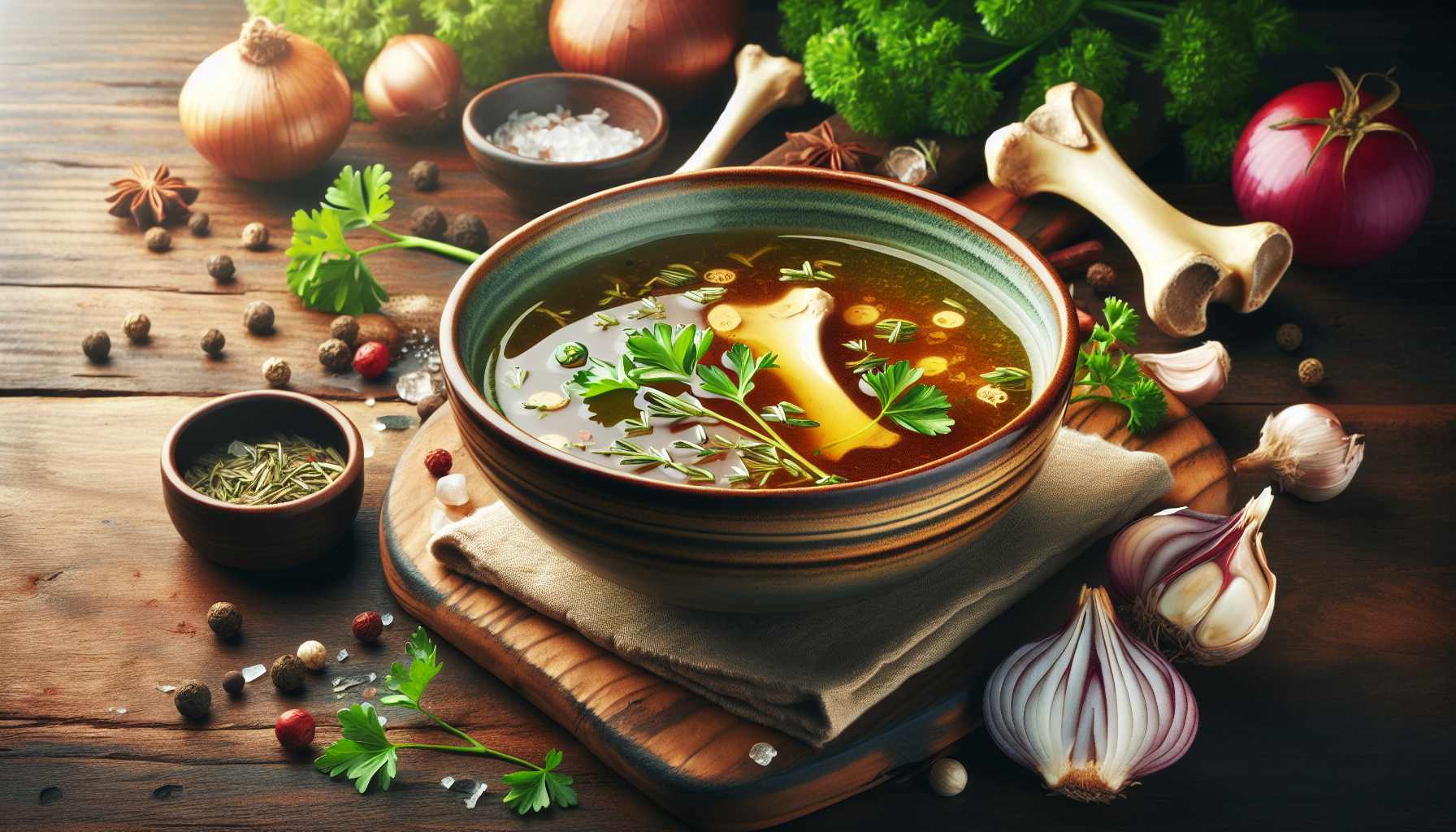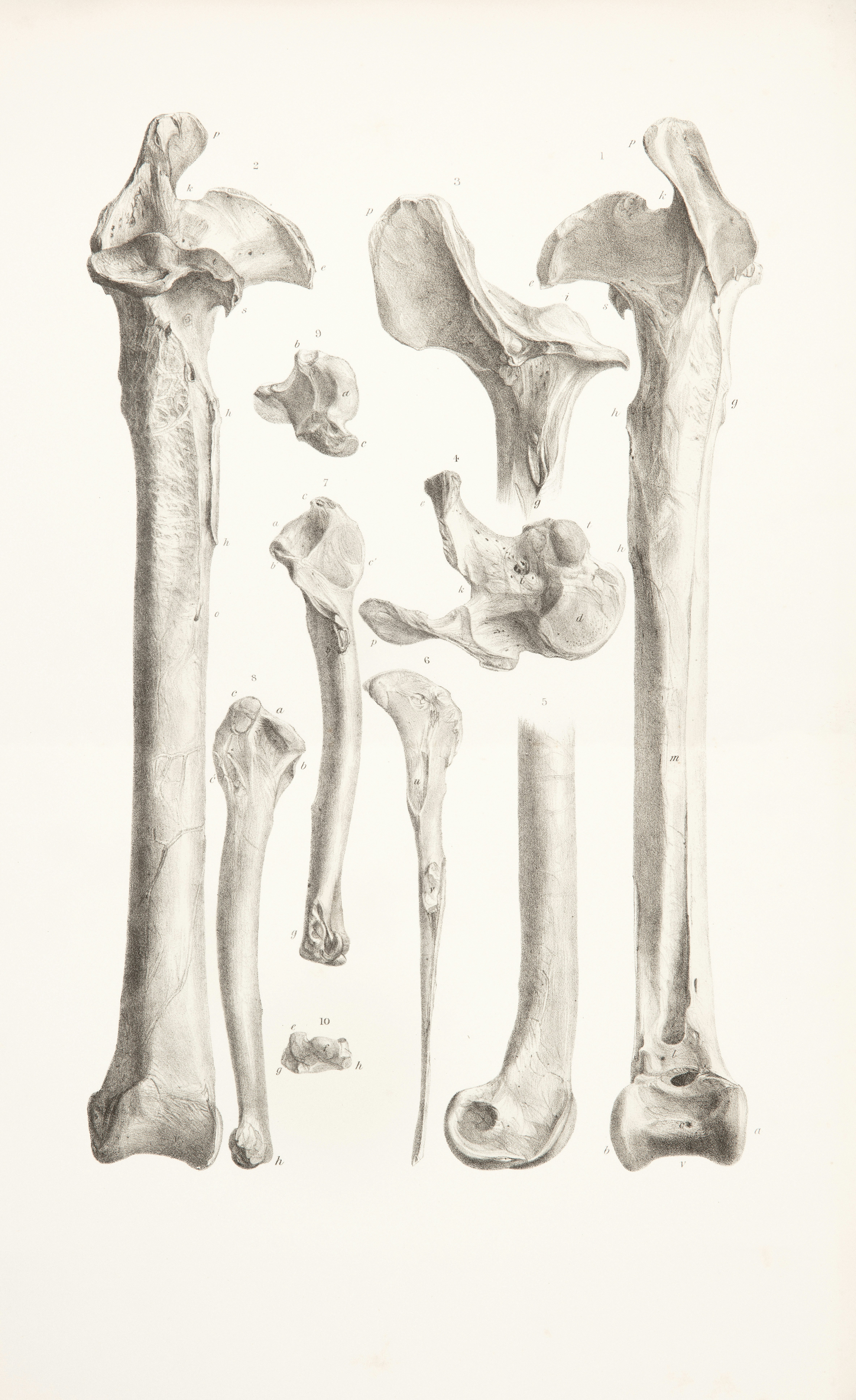Is it possible that something as nourishing and simple as bone broth could fit harmoniously into a low-oxalate diet? If you’ve been navigating through dietary restrictions, particularly those involving oxalates, you’ve likely come across bone broth as a healthful option. But does it play well with low-oxalate guidelines? Let’s break this down together.
Understanding Low-Oxalate Diets
A low-oxalate diet is often recommended for individuals prone to kidney stones, particularly calcium oxalate stones. The goal is to limit foods high in oxalates, which can contribute to stone formation. Foods such as spinach, rhubarb, and certain nuts are usually on the “no” list. Instead, those on a low-oxalate diet are encouraged to lean towards options like dairy products, meats, and specific fruits and vegetables.
What are Oxalates?
You may wonder, what exactly are oxalates? They are naturally occurring compounds found in many foods. When consumed, oxalates can bind with calcium in the body, potentially leading to the formation of kidney stones in susceptible individuals. Managing oxalate intake can be vital for those with a history of kidney stone formation or other related health issues.
The Benefits of Bone Broth
Bone broth has surged in popularity, thanks to its rich flavor and numerous health benefits. You might already know that it’s packed with nutrients, but let’s unpack those benefits a bit more.
Nutritional Profile of Bone Broth
Bone broth is made by simmering animal bones (and sometimes cartilage) in water for an extended period. This process extracts collagen, minerals, and amino acids, creating a nutrient-dense liquid. Here are some key components:
- Collagen: Great for joint health and skin elasticity.
- Gelatin: Excellent for gut health, as it can help heal the digestive tract.
- Minerals: Including calcium, magnesium, and phosphorus, which are essential for bone strength.
Health Benefits You’ll Appreciate
- Supports Joint Health: With all that collagen, bone broth can be a supportive ally for your joints.
- Aids Digestion: The gelatin helps to soothe the gut and may improve digestion.
- Boosts Immune Function: The nutrients in bone broth can provide your immune system with a solid boost, especially during cold months.
Bone Broth and Oxalate Content
Now the moment of truth: What about its oxalate content? You might have concerns regarding whether bone broth fits into your low-oxalate diet. It’s time to clarify.
Does Bone Broth Contain Oxalates?
Bone broth is generally low in oxalates. The process of simmering bones doesn’t extract significant amounts of oxalates since bones primarily contain calcium and phosphorus, not oxalates. This makes it a suitable option for those who are trying to limit oxalate consumption.
Comparing Bone Broth to Other Foods
Let’s put bone broth into perspective by comparing it with other common dietary items regarding oxalate content. Here’s a simple table for clarity:
| Food Item | Oxalate Content (mg per serving) | Suitability for Low-Oxalate Diet |
|---|---|---|
| Spinach (1 cup, cooked) | ~150 mg | Not suitable |
| Almonds (1 oz) | ~122 mg | Not suitable |
| Bone Broth (1 cup) | ~1 mg | Suitable |
| Yogurt (1 cup) | ~5 mg | Suitable |
As you can see, bone broth stands out as a low-oxalate option compared to many other foods.
How to Incorporate Bone Broth into Your Diet
Now that you understand the compatibility of bone broth with your low-oxalate diet, let’s talk about how you can include it without a hitch.
Crafting Your Bone Broth
Making your own bone broth is easier than you might think. A simple recipe might involve:
- Ingredients: Bones (like chicken or beef), water, vegetables (like carrots and onions), and herbs for flavor.
- Directions: Simmer the bones with the other ingredients for 12-24 hours in a slow cooker or pot. Strain and enjoy!
Using Bone Broth Creatively
There are many creative ways to enjoy bone broth within your meals:
- Soups: Use it as a base for tasty low-oxalate soups. Just add in safe vegetables and seasonings.
- Cooking Grains: Utilize bone broth in place of water when cooking grains such as rice or quinoa.
- Sauces: Incorporate it into sauces for an added depth of flavor.
Potential Concerns with Bone Broth
While bone broth can be a beneficial part of your diet, a few things are worth considering.
Quality Matters
Not all bone broths are created equal. If you’re buying pre-made broth, look for organic and grass-fed options, ensuring that you’re not consuming additives or preservatives.
Sodium Levels
Always check the sodium levels if you’re purchasing bone broth. Many commercially prepared varieties can be high in sodium, which might not align with your dietary needs.
Allergies and Sensitivities
If you have specific allergies or sensitivities (like chicken or beef), steer clear of broths made from those proteins.
Incorporating Bone Broth into a Balanced Low-Oxalate Diet
So, how does bone broth fit into a balanced low-oxalate diet beyond just being low in oxalates? Let’s outline some ideas you can build upon.
Pairing with Low-Oxalate Foods
Combining bone broth with other nutritious low-oxalate foods can create satisfying meals. Consider:
- Vegetables: Carrots, zucchini, and cauliflower can add texture and nutrition.
- Proteins: Consider adding in chicken or fish to make your meal more filling.
- Healthy Fats: Avocado or olive oil can round out the meal and provide essential fats.
Meal Ideas
Here are a couple of meal ideas to get your creativity flowing:
Chicken and Vegetable Soup
- Start with bone broth as the base.
- Add in chopped chicken, carrots, celery, and herbs.
- Season to taste and let it simmer until the chicken is cooked through.
Quinoa Bowl
- Cook quinoa in bone broth instead of water.
- Top with steamed broccoli, grilled chicken, and a splash of olive oil.

Common Questions About Bone Broth and Low-Oxalate Diets
Is Bone Broth Safe for Everyone on a Low-Oxalate Diet?
Yes, bone broth is generally safe for those on a low-oxalate diet. Just ensure that it fits your overall dietary needs and check for any personal allergies.
Can You Overconsume Bone Broth?
Like any food, moderation is key. While beneficial, consuming excessive amounts may lead to imbalances, especially with high sodium levels.
Are There Alternatives to Bone Broth?
If you’re seeking alternatives due to dietary preferences or restrictions, consider vegetable broths made from low-oxalate vegetables. However, they may lack the same nutrient density as bone broth.
Conclusion
Bone broth can indeed be a beneficial addition to your low-oxalate diet. With its low oxalate content and rich nutritional profile, it not only fits but can enhance your meals.
As you venture forth in your dietary planning, remember the value of balancing enjoyment and health. Bone broth offers culinary flexibility and can be a nourishing way to support overall wellbeing. With every sip, you might find that you’re not just fueling your body but nurturing your spirit, too. It’s all about making choices that feel good for you. Embrace the journey, and enjoy each bowl!




